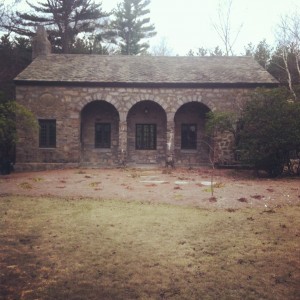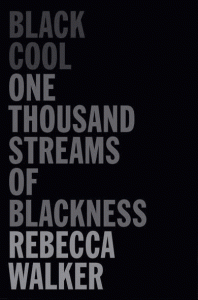Essay originally published in Spalding MFA In Writing Blog.
I recently returned from a 4-week residency at MacDowell, an Artist Colony in rural New Hampshire. It proved to be an important month in my life, and in my writing career, but not in exactly the way I’d thought it would. I went seeking freedom, but what I found was a lot more meaningful.
Due to my work schedule and household responsibilities, it had been nine years since my last residency—something I tried not to resent, yet invariably did—and I was eager to return to the regimented yet utterly open days I had known in previous residencies, mealtimes being the only structure imposed upon each 24-hour cycle: the promise of bacon and eggs at every breakfast, so long as I arrived before 8:30 AM; lunches with hot soup and homemade cookies, quietly delivered to my studio each afternoon; the cow bell rung for dinner at 6:30 PM, where conversations and wine would flow in equal measure. Happily, these things were exactly the same. What I hadn’t counted on was that I was not the same.

The MacDowell Library
